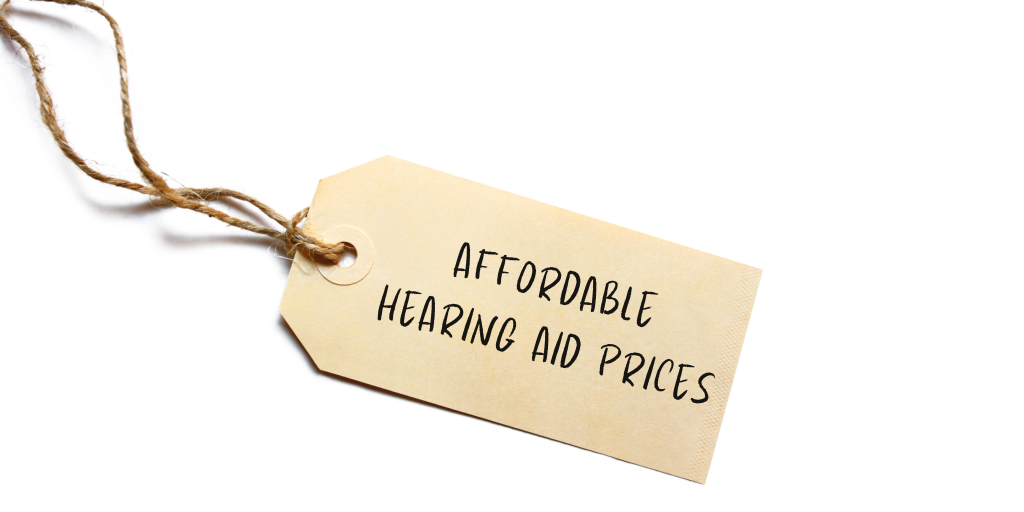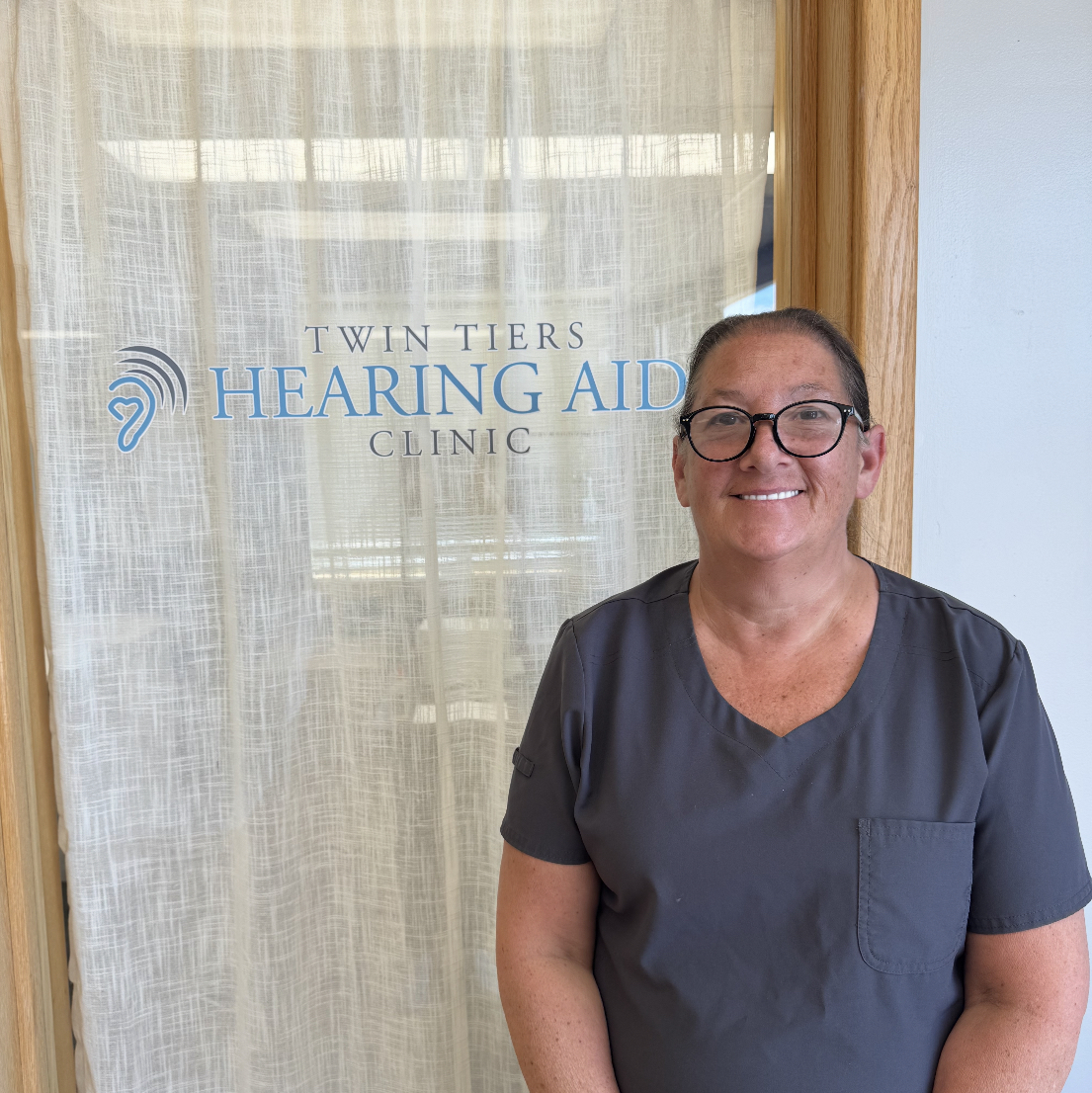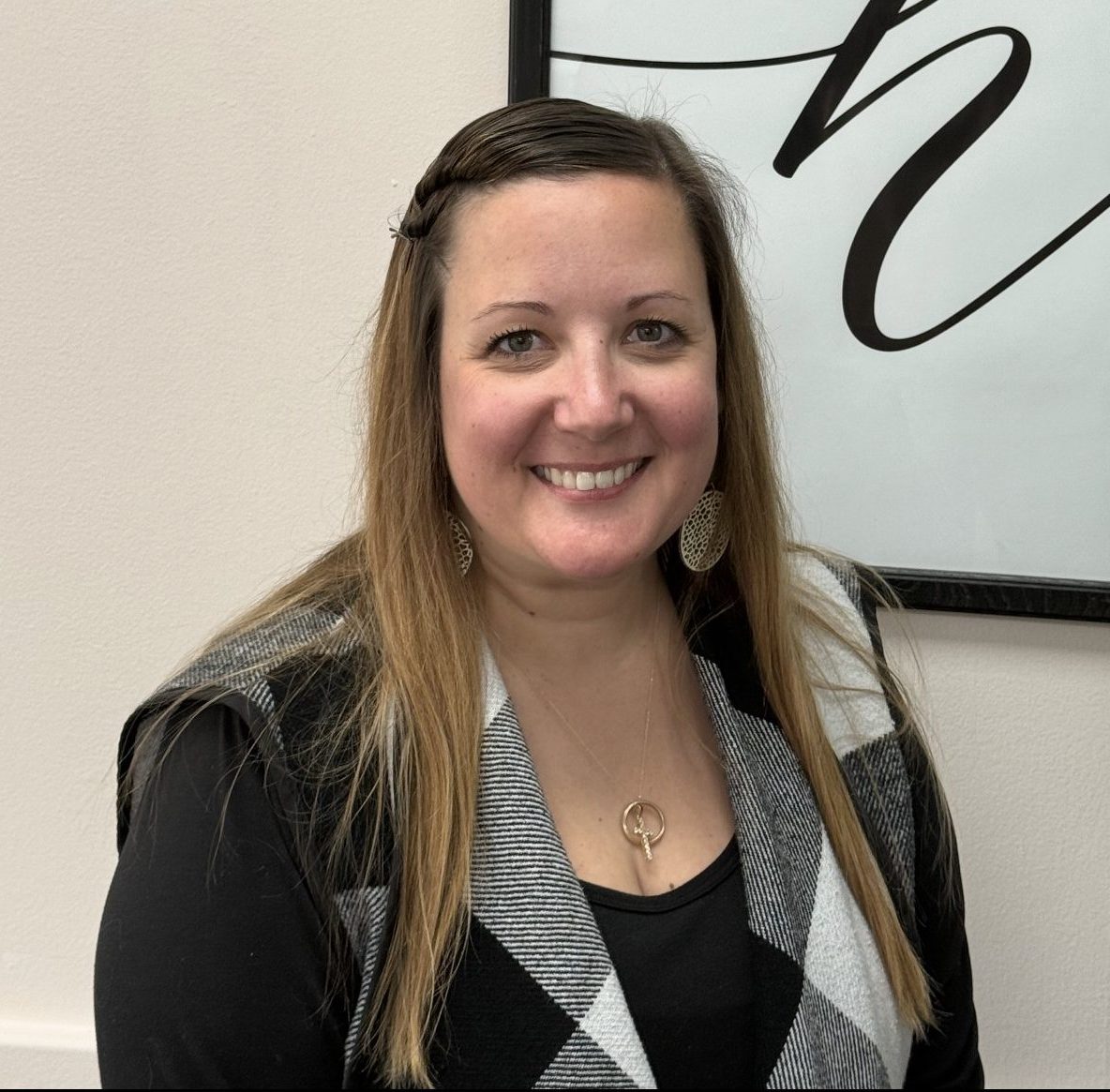
If you’ve started shopping for hearing aids, you’ve probably noticed that the cost of hearing aids can vary quite a bit. From basic entry-level models to the latest high-tech devices, the options can feel overwhelming. So, what affects the cost of hearing aids—and how can you be sure you’re getting the best value for your investment? Let’s take a closer look.
The biggest factor influencing hearing aid cost is the level of technology inside. Today’s hearing aids are essentially tiny computers that automatically adjust to your environment. Premium models use advanced sound processing to help separate speech from background noise, adapting in real time so you can hear clearly wherever you are.
Many modern hearing aids also include Bluetooth connectivity for easy streaming from your phone, TV, or tablet, and rechargeable batteries that make everyday use more convenient. Some of the latest devices even use artificial intelligence (AI) to learn your listening habits and fine-tune themselves automatically for comfort and clarity. Add moisture and sweat resistance, and you’ve got a device that’s smart, durable, and personalized—though these added capabilities do increase the price.
The physical design also affects the cost. Smaller, more discreet hearing aids, such as invisible-in-canal (IIC) models, tend to cost more because of the precision and miniaturization involved. Behind-the-ear (BTE) styles are often more affordable and versatile, suiting a wider range of hearing needs. The right style depends on your hearing loss, comfort, and aesthetic preferences.
Every ear is unique, and custom-fit hearing aids deliver the best combination of comfort and sound quality. Custom-molded devices are tailored to your ear canal and may come with a higher price tag, but they provide a secure fit and excellent acoustic performance. Professional fitting and fine-tuning by a licensed specialist are crucial—they ensure your hearing aids are perfectly adjusted for your needs and lifestyle.
When you purchase hearing aids from a professional clinic like ours, you’re not just buying devices—you’re investing in expert care. Your purchase includes comprehensive hearing evaluations, fittings, adjustments, and cleanings to keep your devices working their best. You’ll also have access to repairs, warranties, and continued support—services that online or retail purchases often lack. This professional care ensures long-term performance and value.
You can further improve your hearing experience with accessories such as wireless microphones, TV streamers, or smartphone apps. Some clinics also offer additional services like tinnitus management or custom ear protection, all of which can enhance your quality of life and extend the lifespan of your hearing aids.
Insurance coverage for hearing aids varies widely, but many people are pleasantly surprised to learn that their plans cover part of the cost. Be sure to ask about current promotions, service plans, and payment options that can make better hearing more affordable. If you’re unsure about your coverage, our team at Ear to Hear Care is happy to help you review your benefits and find the best solution for your needs.
The best hearing aid isn’t necessarily the most expensive—it’s the one that fits your hearing needs, your lifestyle, and your budget. By understanding what influences cost, you can make an informed decision and feel confident in your investment.
Ready to hear the difference? Schedule a consultation at one of our two great locations, Auburn or Geneva. Our experienced team will help you explore the latest technology, discuss your goals, and find the perfect solution for clearer, more comfortable hearing.
© 2025 Ear to Hear. All Rights Reserved | Privacy Policy | Website by Beeman Marketing

Lori is currently the patient care coordinator at Ear to Hear in Elmira, NY & has been with us since 2020. She is absolutely wonderful & enjoys talking with our current patients and getting to meet new ones!

Benjamin and Estelle have been coming to work since they were 12 weeks old. They love greeting patients with excitement, hoping for some attention in return. They love sitting on everyone's lap and getting pet. There have been many opportunities for Benjamin and Estelle to be a comfort to those patients who come into our clinics for the first time feeling nervous. The dogs give them a sense of calmness and make them feel more at home.

Melissa has recently joined Ear to Hear as our Patient Care Coordinator for the Auburn and Geneva offices. She is a graduate from Cayuga Community College with an associate's degree in Humanities and Social Sciences. Having a foster son who is deaf has allowed her to become an active part of the hearing-impaired community in which we live in. This has sparked an interest in her to help others along their hearing journey while re-connecting them with their loved ones and the world. Melissa currently resides in Wolcott, NY and enjoys spending time with her family and friends.

Brittany has a younger brother who was born with hearing loss and has worn hearing aids since he was 18 months old. She grew up helping him take care of his hearing aids as well as helping him with his education. Brittany is a graduate from Cayuga Community College with a bachelor's degree from SUNY Oswego in English and went into the education field working with children who have disabilities and some, like her brother, have hearing loss. Brittany's brother is her WHY for her entering the hearing health industry as her career. Due to her love for him, she has always had a passion to help the hearing impaired and that is what brought her to Ear to Hear. Brittany is excited to bring more awareness to our patients on how hearing health, tinnitus and the brain are all related. When she is not at work, Brittany stays busy with her twin daughters and enjoys spending time with her family and dogs in Red Creek NY.

Adrienne is a Board-Certified NYS licensed hearing instrument specialist who started in the hearing health care industry as a PCC. She later became a provider and then eventually became a clinic owner. Adrienne opened Twin Tiers Hearing Aid Clinic in Corning, NY in 2021 with a second location in Elmira NY. She later acquired Ear to Hear located in Auburn and Geneva, NY and later added The Hearing Aid Shop in Bolivar NY. Adrienne is excited to bring her excellent service and patient centric care to her clinics. She feels that hearing is the pathway to many of life’s great connections, and she finds joy in helping others find those important connections again. Adrienne currently resides in Horseheads NY with her family and dogs.